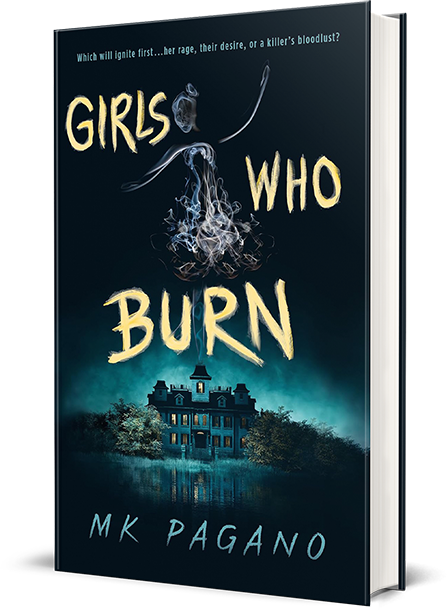Writing Tip: “Three Great Scenes, No Bad Ones”

So as I’m slogging through my current work-in-progress, there are a lot of problems I’m encountering. One of them is this:
There is just SO MUCH THAT NEEDS TO HAPPEN.
I’ve never written fantasy before, I’ve never written political intrigue, I’ve never written a story where the fate of a world hangs in the balance. The two completed novels I’ve written have had high stakes, to be sure, but those stories were always about the protagonists in their small corners of the world. If one of them didn’t succeed, the world would not end. (Just their own lives.)
Writing a bigger story is exciting, to be sure, but it also brings with it a new set of writerly problems to deal with. And several times I’ve wondered whether or not I’m up to the task.
I’m getting through it the way I always get through writing problems: by taking my own advice, continuing to work at it, and by reading good books similar to the one I want to write. But I’m constantly having to tell myself to stop getting overwhelmed by my own story. I’m at fifty thousand words and barely at the first turning point. Either this first book is going to have to be split into three, or I’m going to have some major editing to do.
I think it’s going to be the former. And then, how do I decide which scenes to keep and which to cut?
I’m saving the editing for the second draft–which is a good best practice–and when I do, I’m going to keep in mind this advice from legendary director Howard Hawks. He said a “good movie” is simply this:
“Three great scenes, no bad ones.”
I think the same mantra can be applied to a book. (A story is a story, after all.)
So simple. So brilliant. So going to be the mantra running through my head when I have to trim down this massive draft into something readable.
Do you do this in your own writing? Has it worked?


If you’ve written two novels I think you’re up to it 🙂 Good luck!
Thank you!
I like to apply the Alcoholics Anonymous mantra: One day at a time. (Not that I’m an alcoholic. Or at least, I won’t admit it here. Anyway.) Taken all at once, the work is completely overwhelming. But taken one chapter, one page, one event at a time, it’s so much less daunting.
Oddly, I have a hard time reading in my genre when I’m immersed in a project. I’ve found I start writing in that other author’s voice. Or internalizing their cadence and spitting it out onto the page subconsciously. But that’s the rub: different things work for different writers. We just have to forge ahead, learn our lessons for the next book. Good luck!
Yes I know. I have a bad habit of comparing my stuff to finished novels. And also of being annoyed that the stuff on paper doesn’t match up with the epic-ness in my head.
So what do you read when you’re immersed in a project? Something the complete opposite? I think I may need a YA fantasy break after this latest series and am thinking of heading towards something more literary … I feel like with all the plotting, my actual prose is suffering.
Thanks for your comments!
That’s a good question, what do I read? I guess anything not related to what I’m writing, as long as it’s good writing. I tend toward more literary stuff, even classics I’ve never gotten around to.
I like that you mention “finished novels.” I haven’t worked with my editor yet, but I know it’s going to be brutal. I also know that what comes out of it will be almost a completely different book than my first draft. So we have to be gentle with ourselves when we get the urge to compare (or resist the temptation to quit writing in a tantrumy fit of self doubt!).